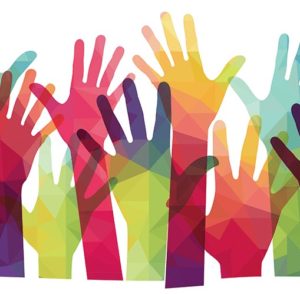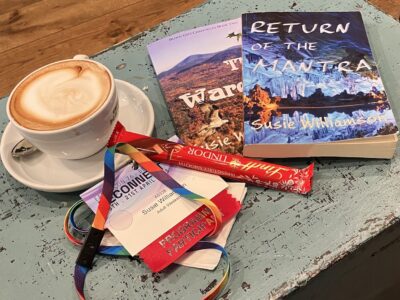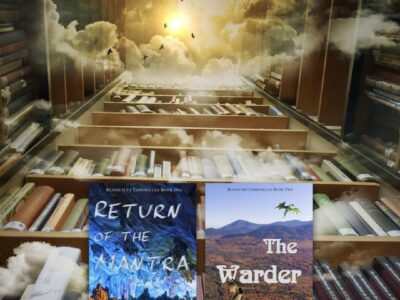
It’s the Monday after a gloriously sunny weekend spent at the Exeter Respect Festival: a fabulous event to celebrate our diverse communities. Among live music, singing, and spoken word, the park is filled with a bustling array of stalls, food, and campaigns. Whether you want to sample authentic Syrian cuisine, be amazed by flamenco dancers, or shop for handicrafts from all corners of the world… Exeter Respect carries the message, ‘all different, all equal’.
How great it would be if that message could spread. I often think the array of problems in the world are fundamentally rooted in people not seeing each other as equals, and how empathy can go a long way in changing that mind-set. From my humble writing room I think about the role fiction can play in creating empathy.
It’s a thought I raised at Exeter Respect Festival, as I took a slot on an open mic, while thinking about the characters in Return of the Mantra: what they look like, what motivates them, what makes them tick.
Stories give opportunities to get up close and personal with the characters as you get to know them. If you are given characters that are different to you, there is the potential to create empathy where it might have been lacking before. You get an experience you might not ordinarily have in the real world, an experience that might go some way to creating empathy in the real world. It’s surely so much harder to hate, discriminate or abuse a person who you can empathise with. I think of all the ‘othering’ in the world, the justifications given for mistreatment, abuse, or genocide of people based on the notion that they are ‘other’, different, or even deemed not human.
In Return of the Mantra, people striving to maintain their connection to the old ways are labelled ‘witches’. The leadership’s agenda is power, and persistent propaganda proves an effective tool for ‘divide and rule’.
But, if we see someone as our neighbour, talk, listen, and get to know each other, surely we can learn to respect and celebrate the differences, whilst seeing the many more commonalities by our shared and equal humanity. The message I take home from Exeter’s Respect Festival is that empathy can drive out division.
But in order to promote empathy in fiction, you have to have diversity of characters. In preparing for the open mic I thought of the stories I’d grown up reading, and of a YouTube clip I’d seen of the author, Chimamanda Ngozi Adichie, giving a talk on what she calls ‘the single story’. To view the clip: Click here.
It’s a chilling thought that without representation in stories, people believe that who they are has no place in literature. Hopefully, the more people who write, the more representation we’ll see.
Chimamanda’s story resonated with me, albeit for different reasons. She grew up in a middle class Nigerian family. I grew up in a working class British family. I recognised her descriptions of stories she’d read, I’d read them too. Thinking back on my childhood, among the prince and princesses, games of lacrosse and lashings of ginger beer, the story that was most familiar to me was the story of Johnny Briggs, but that was on TV, and he was a boy.
As an adult I developed a love of the fantasy genre. But as a gay woman, with a female perspective of the world, I often felt that the female characters were stereotyped, or two dimensional, or had roles only in supporting a man’s story arc. And if there were strong female characters, they weren’t the norm. So in writing my book, I wanted storylines and characters that I could identify with. I also thought of people I’d known, from different places, backgrounds and life experiences, and hoped that among them, some might see something they recognised in the story, the characters and the landscapes.
And empathy begins at home. The society of Shendi is built on corruption, abuse and oppression, a woven tapestry of divide and rule. Founded in patriarchy, among other things it tells of Suni’s journey into womanhood and how she navigates and survives this system of exploitation. With the goal to reconnect to the old ways of her tribal heritage, seeking the restoration of the once obliterated natural world, unlikely victims and perpetrators of the state will collide. But will empathy and ultimately peace triumph? That’s a question that leads into Book 2. And so, back to work.
Happy Monday!!





